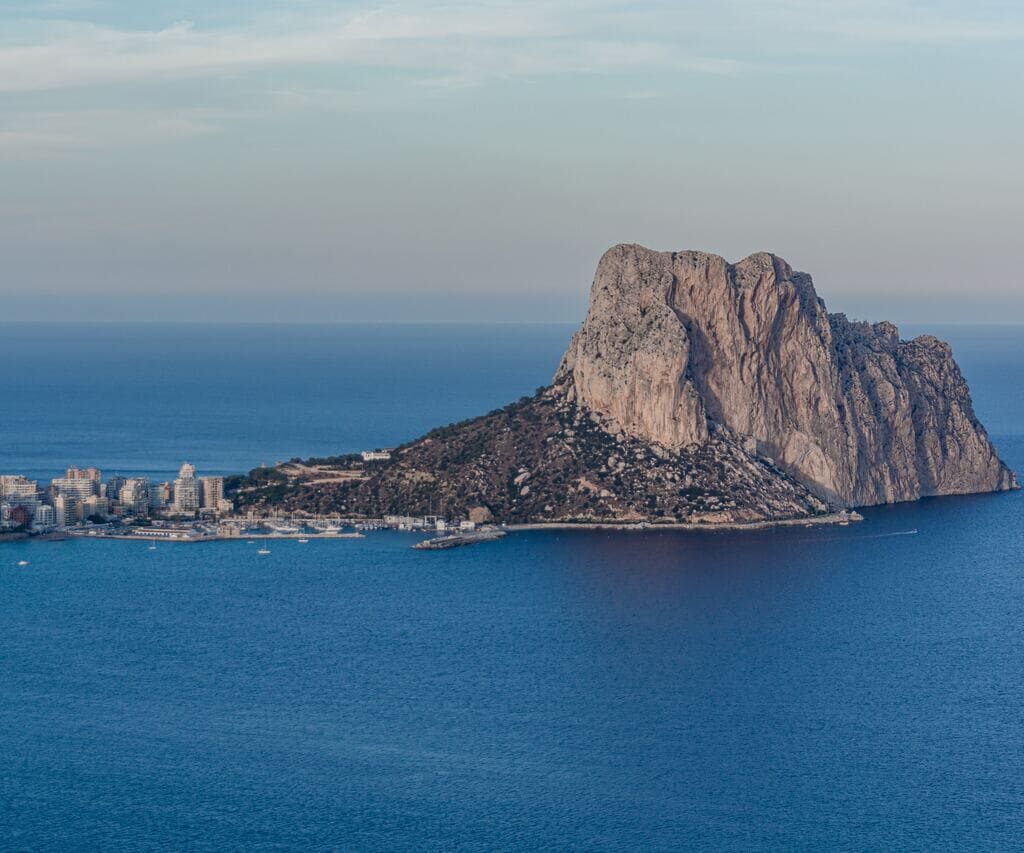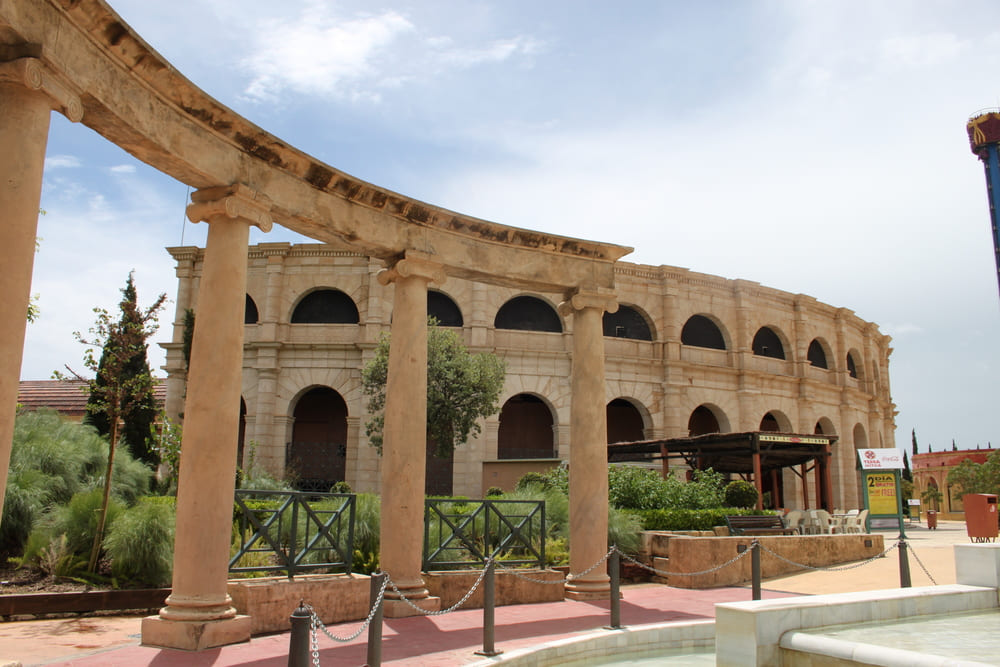Choosing the right place to hold a corporate event is essential to convey the desired corporate image to the participants. A place that matches the values and expectations of the brand might result in the event having a bigger impact, and increase the credibility that users, workers or customers give it.
Moreover, creating the right atmosphere in the event favours effective communication, networking and the formation of long-lasting relationships between the company and the participants. So, this is not just a logistical choice, it should also be thought of as an extension of the corporate identity, which will improve or impair the public perception of the organisation.
Holding a corporate event in the Costa Blanca might be a different strategy for your brand. This location not only provides you with a picturesque setting with its bright coastline, it also provides a symbolic value, associated with innovation, leisure and the quality of life.
The Costa Blanca, ideal MICE destination
The Costa Blanca is a well-known tourist area in the province of Alicante, on the east coast of Spain, beside the Mediterranean Sea. Its name “Costa Blanca” comes from the white sand beaches that are one of the most attractive features of the region, The area is famous for its pleasant climate right through the year, with more than 300 days of sunshine and mild temperatures, which makes it a very popular tourist destination for national and international visitors.
There are a number of towns and cities in this part of the Alicante coastline, including popular destinations like Benidorm, known for its exciting leisure options and skyscrapers; Alicante, the capital of the province, with its famous promenade and the fortress of the Santa Bárbara Castle; and charming towns such as Altea, Jávea and Denia. The region is also famous for its gastronomy, where the Mediterranean diet, a wide variety of fish, rice dishes and wines from the area are a fundamental part of its culinary delights.

The combination of beautiful beaches, rich culture, modern infrastructures and a wide range of services make it an attractive place to organise corporate events and conferences, by creating a relaxing and luxurious atmosphere that can be extremely beneficial for companies that want to improve their image and make connections in a professional but pleasant environment.
Picture: Eduardo Kenji Amorim en Unsplash
Main opportunities of the Costa Blanca to organise a corporate event
There are certain features of the Costa Blanca, characteristics that make it the ideal destination to organise corporate events, congresses, trade fairs or product presentations, among many other events of the MICE network.
- A lovely location with the ideal climate. The Costa Blanca is not only famous for its natural beauty, but also for its exceptional climate. With an annual average temperature of 18-20°C and more than 320 days of sun a year, it creates the ideal atmosphere for events at any time of the year and with a very low level of uncertainty.
- Convenient accessibility. The region is easily accessible from anywhere else in Europe and the world thanks to Alicante Airport and it has a good network of roads and trains. This favours the transport logistics for international and national participants.
- With a long tourism tradition, the Costa Blanca has a top quality hospitality and service infrastructure, which guarantees a convenient and professional experience for the participants.
- The Costa Blanca has world-class cuisine. In fact, there are 12 restaurants in the whole of the Alicante province, which, among all of them, have been awarded 16 Michelin stars in 2023.
- There is a diversity of outdoor tourist and sports activities available, from large golf courses, water sports and cultural tours, to culinary experiences, which are ideal for team building programmes or additional entertainment.
- Networking potential. The popularity of the region attracts a wide range of professionals and businesses, so there are unique networking opportunities along with the possibility to make contacts with leaders from the industry and other professionals.
- A wide variety of event venues such as luxury hotels or conference centres or unique outdoor areas. In this section, Grand Luxor Business & Events is positioned as being one of the top options to organise events in the province of Alicante and in the Valencian Community.
MICE areas in the Costa Blanca
Any activity that you would like to organise for your company, outstanding product presentations, gymkhanas, incentive trips, work sessions, brunches, company dinners, seminars, photo shoots, team building activities, filming advertisements or films… they can all be perfectly accommodated in our venues for events at Grand Luxor Business & Events. We have places for unique events to make sure that your incentive programme, team building activity, marketing or customer loyalty activities are a great success. We have innovative and different incentives with a huge range of original themes available to adapt the games and gymkhanas to all the activities.
Grand Luxor Hotel Business & Events is the exclusive area of the Grand Luxor Hotel in Benidorm to organise corporate events and social celebrations. It is located beside the Terra Mítica theme park, and there is access to it and the car parks there. This park is based on some of the main classic Mediterranean cultures, it is an area that recreates a melting pot of cultures perfectly: the Egypt of the pharaohs, the Roman coliseum, the buildings of classic Greece, a typical busy Iberian fishing harbour, a Valencian village from the 17th and 18th centuries or a traditional Moorish medina next to a recreation of the Patio de Arrayanes (Court of the Myrtles) of La Alhambra in Granada.

The event venues have settings that can be changed according to the technical and artistic requirements of each activity. The Roman Coliseum, the Egyptian lake, the Iberian beach can be transformed. Any area of the Park is feasible to organise an event.
We specialise in creating venues for events, we custom design any type of event, which is intended to create excitement and achieve a high degree of satisfaction among your customers. Don’t hesitate to get in touch with us by filling in the form and we will provide you with our team of professionals to make your next event a flawless success.

